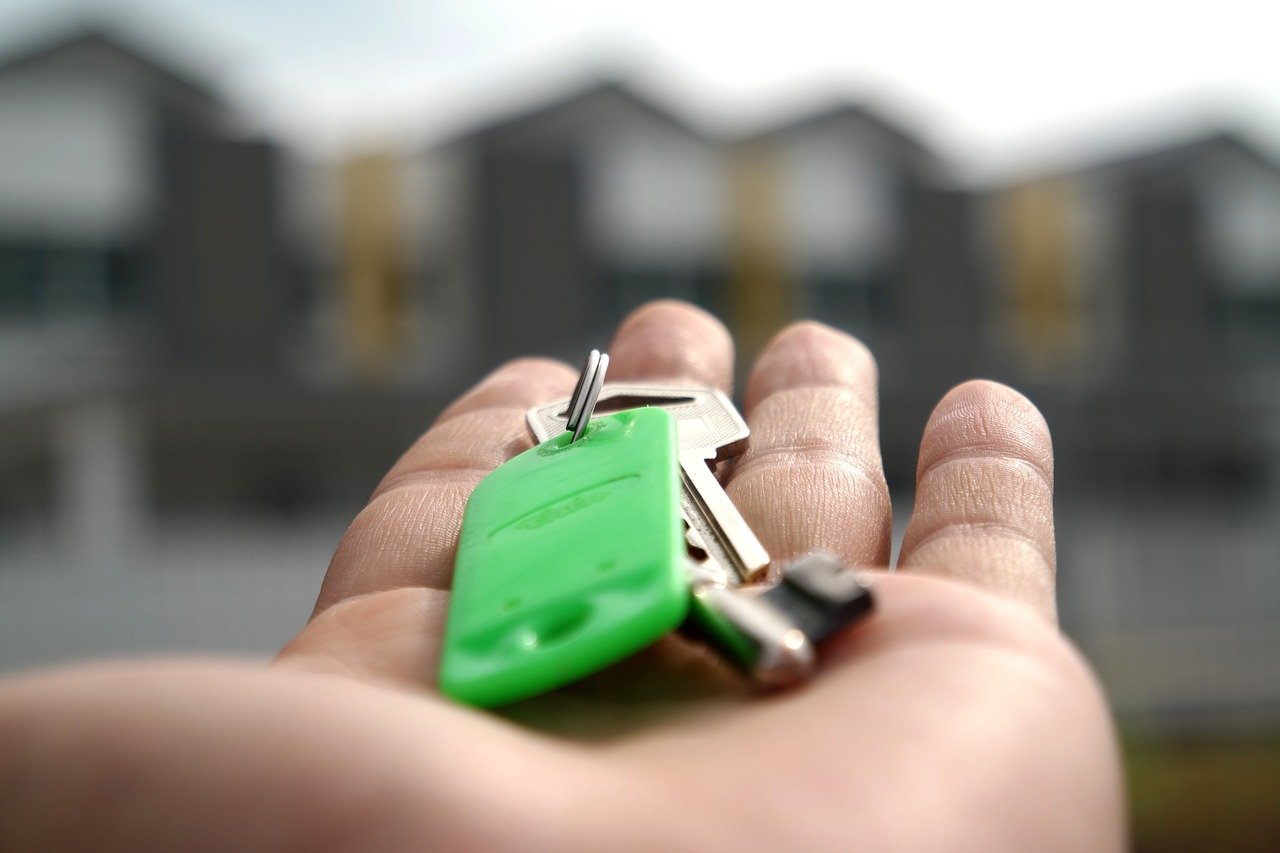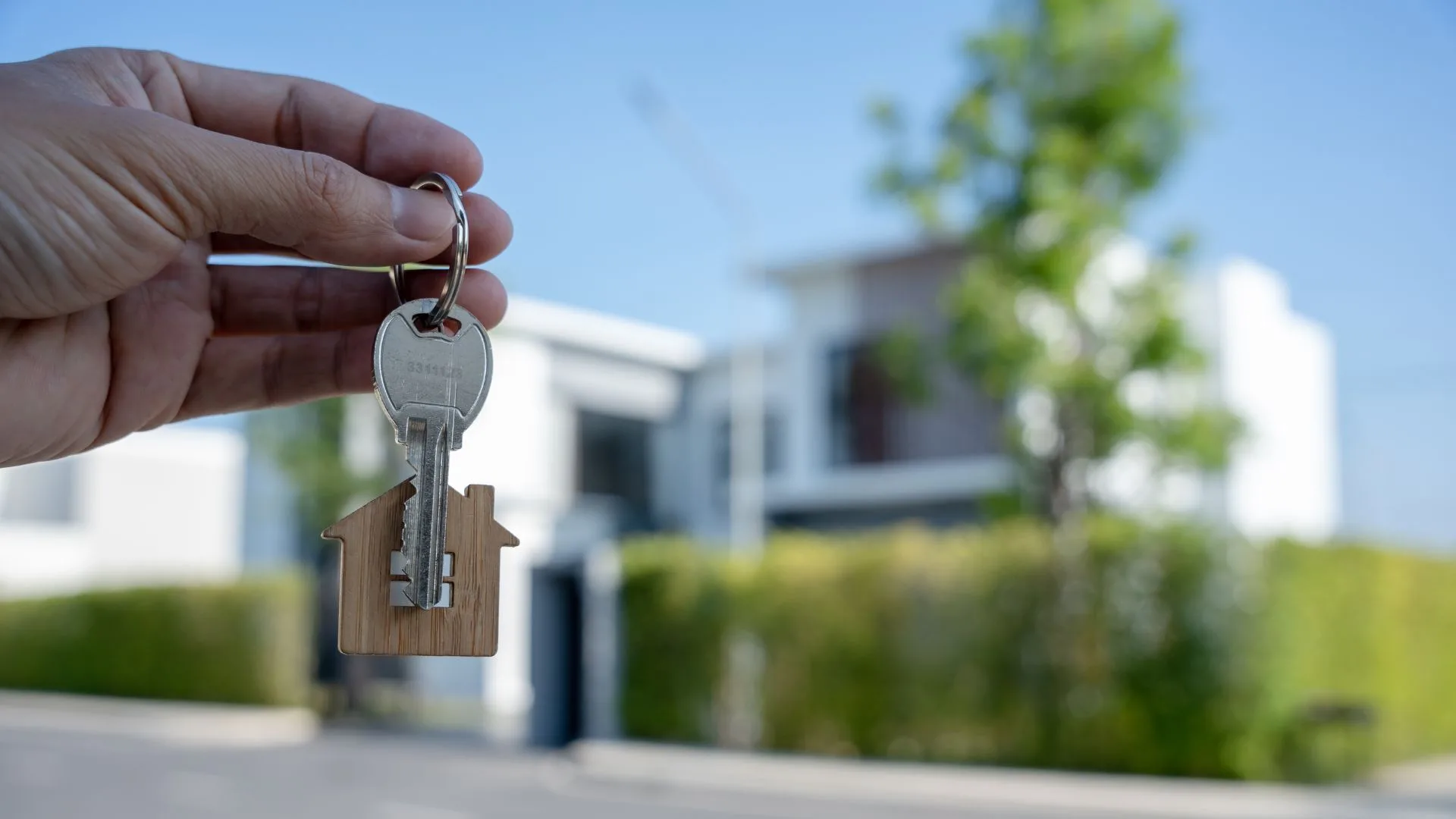Important:
- Moldgone does not offer free inspections for renters, and it is recommended that you notify your landlord or property manager before initiating mold testing. Visual inspection is $50 and there is a minimum of 3 tests, which is $300, $100/sample.
- For real estate deals, we also charge a minimum of $350 for inspections and testing. Free inspections are Monday-Friday only, and are for homeowners only.
- There is an additional $50 travel charge if the distance exceeds 75 miles round trip. Weekend service calls incur an extra fee of $50 for Saturday and $100 for Sunday.
- The cost of testing is upfront, and landlords or property managers are not legally obligated to cover it.
- Mold testing results are confidential and will only be shared with the party who covers the cost. If the landlord or property manager pays for testing, they are not legally required to share the results with the tenant.
- Landlords or property managers may agree to deduct the cost of testing from the monthly rent or reimburse the tenant, but this should be discussed beforehand.
Landlords have a complex job. Not only are they in charge of taking care of the property they own, but they’re also responsible for ensuring their tenants have a safe and habitable place to live or work. If a tenant finds mold in their home or office, it’s up to the landlord to alleviate the problem.
Here at MoldGone, we get questions about mold and landlords every day. How long does a landlord have to fix a mold problem? Is my landlord in Arizona responsible for mold testing? The experts at MoldGone can help Arizona landlords understand their liabilities and know what to expect if their tenants report mold.
What is the landlord’s responsibility regarding mold in Arizona?
Section A.R.S. 33-1324 of the Arizona Residential Landlord and Tenant Act requires landlords to follow all “applicable building codes materially affecting health and safety,” which would include the presence of mold impacting the health and wellness of tenants. Additionally, landlords must make repairs—such as the removal of any mold—and do “whatever necessary” to keep the residence or office space in a “fit and habitable condition.”
Because indoor mold—especially toxic molds like black mold—can make people sick, mold has a direct impact on the health and safety of your tenants. Depending on how bad the mold infestation is, it could make a dwelling inhabitable.
How long does a landlord have to fix a mold problem?
Under Arizona Landlord-Tenant Law, a tenant must issue a formal written notice to their landlord if they wish them to fix a problem such as mold in their apartment, rental house, or leased office space. They must deliver the written notice either by hand or by certified mail. Tenants may request that the landlord complete repairs within 10 days, or within five days if the problem threatens their health and safety.
Arizona Landlord Tenant Law also states if a landlord fails to make a repair after 10 days, and the cost of the repair will be “less than the greater of ½ month’s rent or $300,” the tenant can hire a licensed contractor to make the repairs. The tenant can then either send the bill directly to the landlord or deduct the amount from their next month’s rent.
 Can a tenant file a lawsuit against a landlord over mold?
Can a tenant file a lawsuit against a landlord over mold?
If an Arizona landlord ignores a tenant’s formal written request for fixing a mold problem, they may find themselves facing a lawsuit. The tenant must prove in court that their mold issue has had an impact on their health and the health of those living or working with them.
If a tenant files a lawsuit against their landlord for mold, they may also request reimbursement for any money they laid out from their own pocket for repairs. In the worst-case scenario, a tenant can fight to end their lease early and request their security deposit back if a landlord does not fix a problem that affects their health and safety.
Is a landlord responsible for mold testing in Arizona?
The short answer is yes. Because mold inspection and testing are normally the first steps in the mold remediation process, Arizona landlords are responsible. Mold testing and remediation are both part of ensuring a home or office is in a “fit and habitable condition.”
It’s also important to note that under Section A.R.S. 33-1324, Arizona landlords are responsible for fixing things like water leaks in plumbing, roofs, and windows that could potentially lead to mold. If a landlord fails to fix these problems and mold occurs, their tenant may have a case for a lawsuit or for breaking their lease if the mold leads to health issues.
Arizona Landlord Mold Liability
If you own rental properties in Maricopa County and are unsure how long a landlord has to fix a mold problem, give MoldGone a call at 480-418-7228. Our highly trained staff can answer all of your questions and provide you with a free quote for fixing any mold issues.
Image by mastersenaiper from Pixabay




 Can a tenant file a lawsuit against a landlord over mold?
Can a tenant file a lawsuit against a landlord over mold?